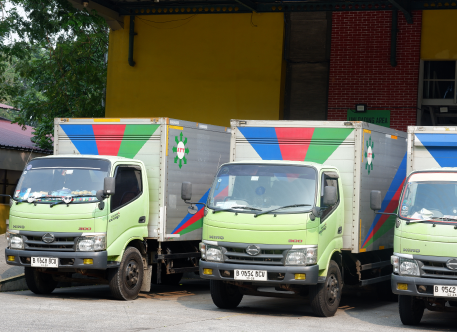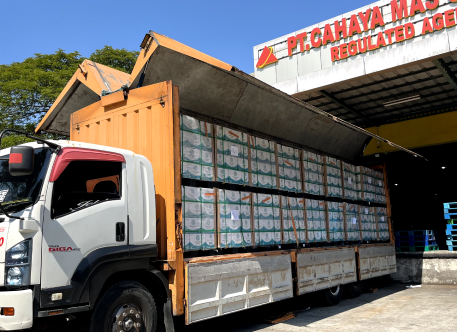
Domestic Distribution is a logistics service that facilitates the efficient delivery of goods to various locations within the country. It involves planning and executing the movement of products using suitable modes of transportation, such as trucks for road transport, trains for rail transport, and ships for coastal or inter-island shipping. This service ensures that goods reach their destinations in a timely and cost-effective manner.
In addition to transportation, domestic distribution often includes warehousing solutions for temporary storage, inventory management to track stock levels, and last-mile delivery services for direct delivery to end-users or retail locations. Advanced distribution networks leverage technology, such as GPS tracking and route optimization software, to enhance efficiency, reduce delivery times, and minimize costs.
Providers may also offer tailored solutions based on the nature of the goods, such as temperature-controlled vehicles for perishable items, secure transport for high-value goods, or bulk shipping options for large quantities. Domestic distribution plays a vital role in maintaining supply chain continuity, supporting businesses in reaching their customers quickly and reliably.



